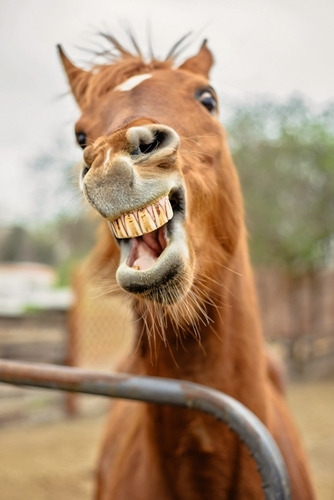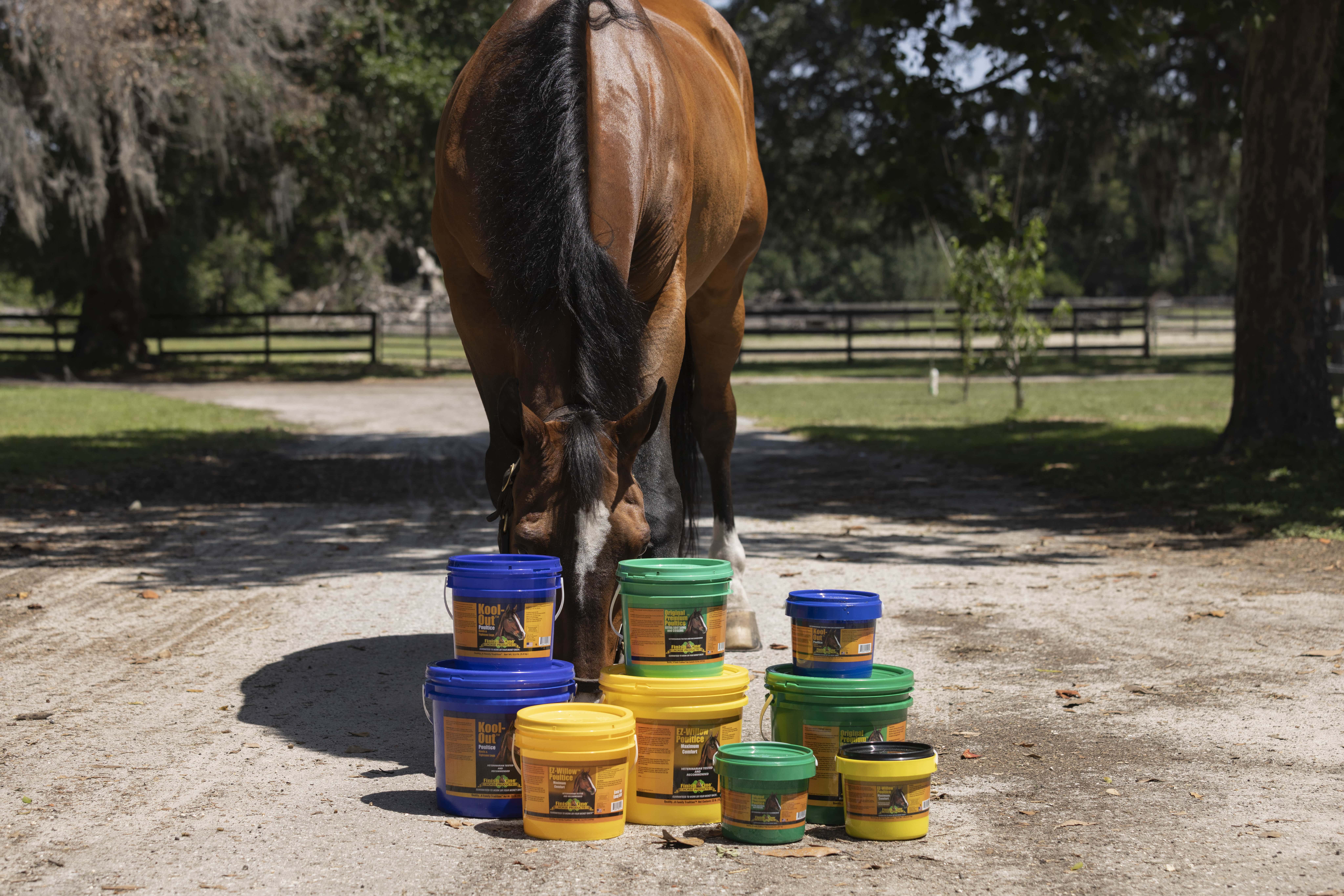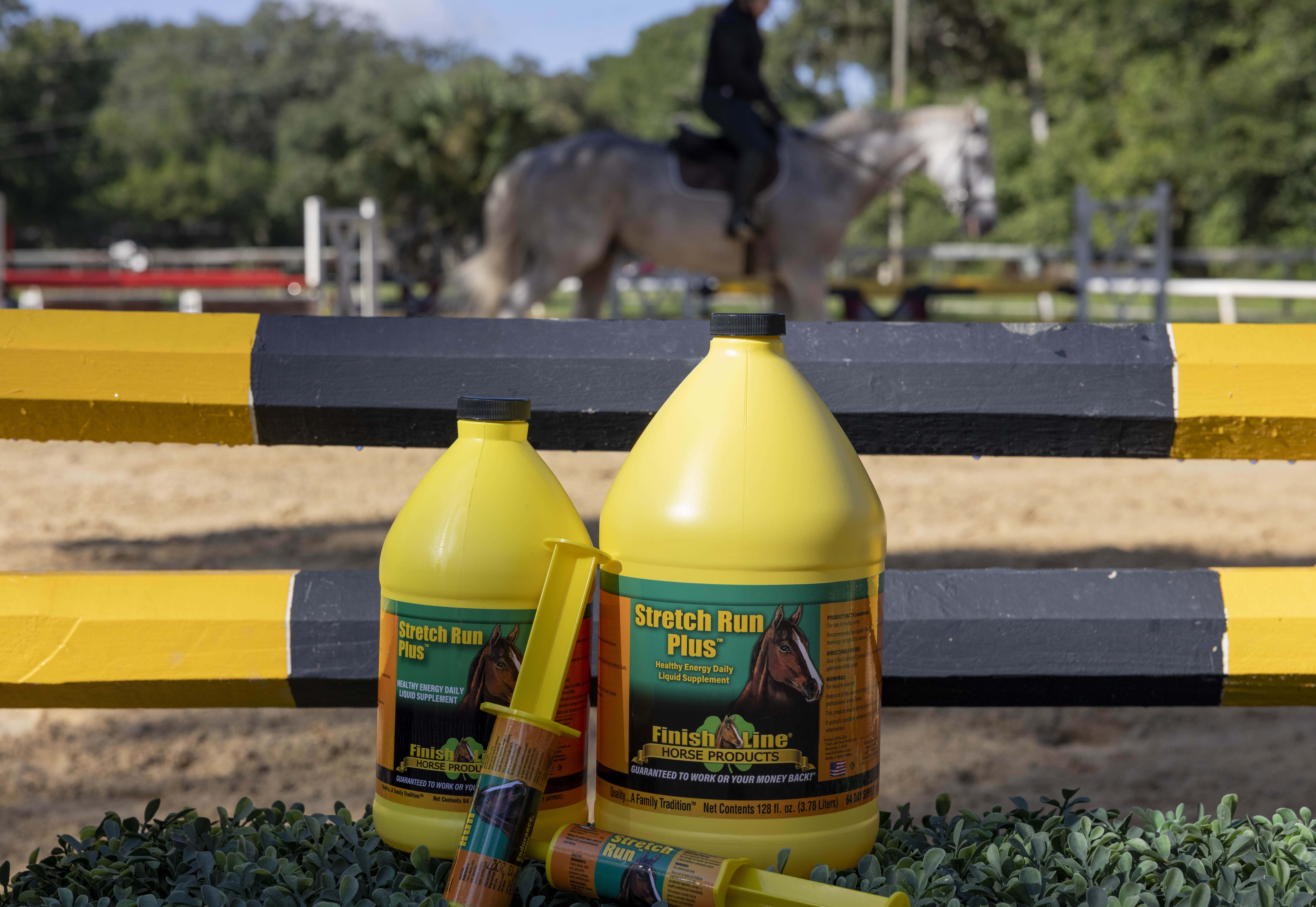There are many factors than can raise the stress levels within a horse. Everything from experiencing pressure from training, enduring a big move or even dealing with too much heat have been noted as primary correlations between horses and stress. Carriage horses often look like they’re exhibiting a mellow and calm attitude, but many animal rights activists insist that this traditional transportation practice is probably causing more psychological harm than good. One recent study set out to set the record straight on measuring the stress levels these horses are subject to throughout the day.New York City carriage horses stress levels measured
Researchers from the Western University of Health Sciences recently conducted a study that focused on gauging stress levels in carriage horses in New York City. The analysis is a direct response to a new proposed ban of carriage horses issued by current Mayor Bill de Blasio, who received immense support from animal rights activists after he pledged to “get rid of horse carriages, period,” during his campaign as mayor. The ban is still up for vote, and if the majority of the New York City Council votes in favor of the prohibition, carriage horse companies would not be allowed to operate after June 1, 2016.In an attempt to find out just how inhumane carriage riding is for horses, the researchers selected 13 horses who were involved in carriage horse programs in New York City. Throughout and after a typical workday, the scientists would then collect samples of the animal’s saliva to test for cortisol levels, a main stress hormone in both humans and animals. The researchers also used technology like thermal imaging cameras to measure temperatures within the medial canthus, or the corners of the eye, and also gathered fecal samples for any signs of cortisol. The horses were tested for samples an hour before work, after being hitched to the carriages, once they returned from work and an hour after they had worked and rested in their stalls.Dr. Joseph Bertone, a professor at the Western U College of Veterinary Medicine and lead researcher in the study, acknowledged that while he has big concerns over equine health and welfare, his team found little to no evidence that suggested these horses were being overused or stressed out.
“I wanted to identify the effect this situation has on these horses,” Bertone said in a statement. “Ultimately, I’m concerned about equine welfare. On the other hand, I’m also concerned over claims that could dismantle, or likely end, the lives of these grand horses. We found no evidence of stress in these horses. The conclusions made by the many experts in equine veterinary care who have visited the facility, and spent time in observation, is matched by the physiologic data we collected.”
Managing stress in horses
While every horse is different, it certainly isn’t uncommon for your animal to experience a little stress now and then. It can be easy to tell if your horse feels anxious or tense because it will tend to gradually act out, and potentially buck or kick. Sometimes, signs can be more subtle. You might notice a decreased appetite, and weight loss may be a sign that something is bothering your horse. This may lead to decreased performance while training, which is another symptom of stress.
When these episodes of stress occur, it’s important to gradually lighten the horse’s workload or training session for the time being. Providing additional rest periods is a helpful way for the horse to clear its mind and get back to a more tranquil state.
Sometimes, all it takes to help calm nerves is proper nutrition. A great horse supplement that promotes healthy nervous system function during experiences of stress is Quia-cal®. This product is an oral paste that’s loaded with healthy vitamin and minerals, all with a tasty apple-cinnamon flavor that horses will love, in a single-use oral syringe. Another supplement, Thia-Cal™, is formulated for everyday addition to your horse’s feed. If stress and anxiety continue to be a problem for your horse, you should contact your veterinarian.








